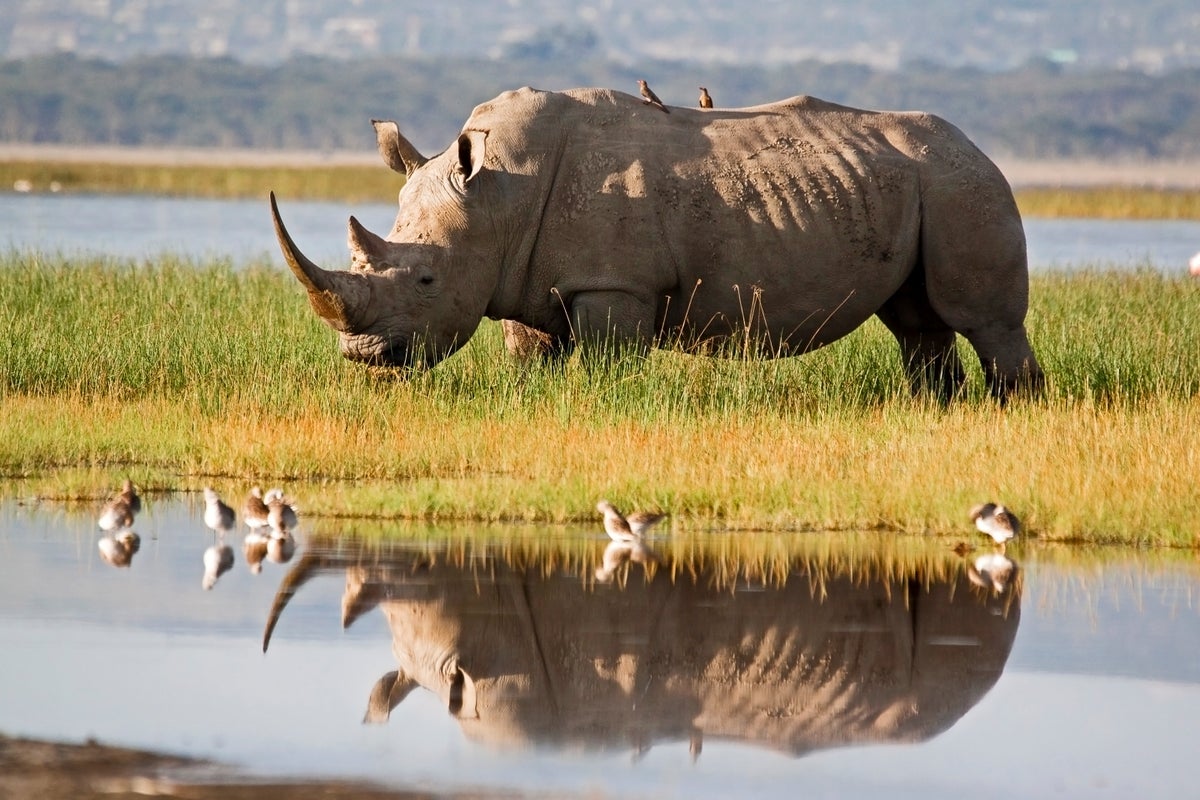
"Researchers have described proteins that they say are among the most ancient ever sequenced, pushing back the genetic fossil record to more than 20 million years ago."
"The studies suggest that proteins survive better than previously thought, allowing molecular insights about evolutionary relationships, biological sex, and diet from older animals, potentially even dinosaurs."
"The ability to obtain DNA from remains that are thousands of years old has revolutionized biology, uncovering previously unknown human groups and rewriting population history."
"Proteins are hardier than DNA, allowing researchers to delve deeper into understanding ancient species than was previously considered possible."
Recent studies indicate that ancient proteins, notably from extinct relatives of rhinos, extend the genetic fossil record beyond 20 million years. This discovery suggests proteins are more durable than previously believed, offering potential insights into evolutionary relationships, biological sex, and diet of even older species, possibly dinosaurs. While DNA analysis has transformed biology, ancient proteins allow further exploration into species history. The survival of these proteins opens avenues for palaeontology and raises questions about the extent of molecular analysis in understanding prehistoric life.
Read at www.nature.com
Unable to calculate read time
Collection
[
|
...
]